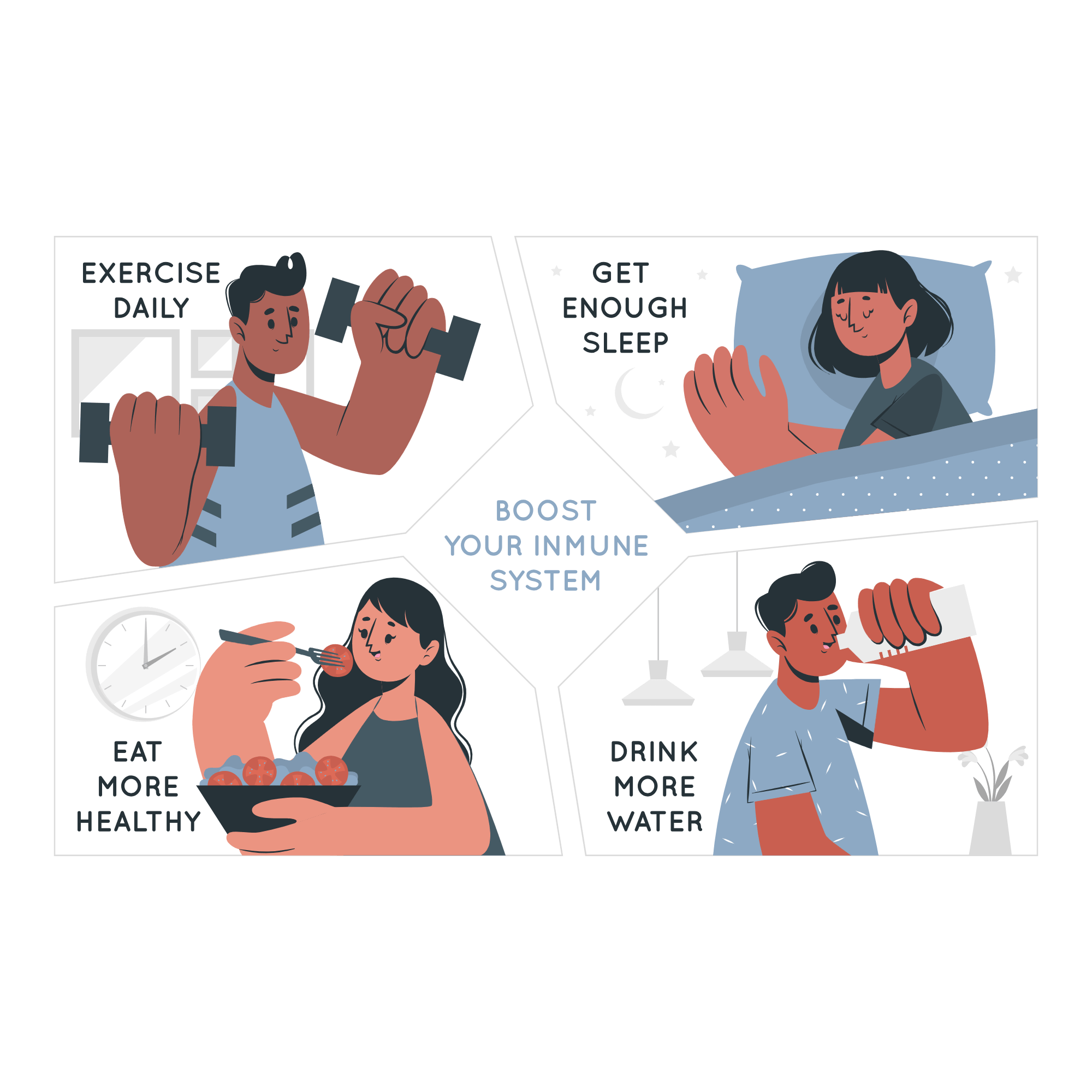We all have that one habit we wish we could stick to. Building better habits might be reading more, working out regularly, or cutting down on endless social media scrolling. And yet, despite the best intentions, we somehow end up back where we started—scrolling Instagram at 2 AM instead of getting that solid 8 hours of sleep.
Why? Because willpower alone isn’t enough. Motivation fades, and discipline takes effort. The real secret? Building habits in a way that makes them automatic—so that doing the right thing becomes second nature, not a constant struggle.
So, how do you do that? Let’s get into it.

Why Habits Matter More Than Motivation
Let’s be real—motivation is unreliable. One day, you wake up feeling like you can conquer the world. The next? You’d rather watch Netflix and eat snacks in bed. Habits, on the other hand, don’t require you to feel motivated. They just happen.
Think about it. Do you ever decide to brush your teeth? No, you just do it. It’s automatic. That’s the power of habits. As James Clear eloquently puts it in Atomic Habits: “Every action you take is a vote for the type of person you wish to become.” When you choose to go for a run, you’re casting a vote for being someone who prioritises fitness. When you read before bed instead of scrolling social media, you’re voting for being a reader rather than a passive consumer.
When something is ingrained in your routine, you don’t waste mental energy deciding whether or not to do it—you just get it done. And that’s exactly what we’re about to do.
Building Better Habits That Stick
There’s a science to building habits that actually last. Here’s a step-by-step breakdown:
1. Make It So Small You Can’t Say No
Most people fail at habits because they aim too big right away. If you haven’t worked out in months, deciding to hit the gym for an hour daily is setting yourself up for failure. Instead, start with something so small it feels almost stupidly easy.
Want to start reading? Aim for one page a day. Want to exercise? Do one push-up. The idea is to make the habit so easy that you can’t say no.
I once tried to build a morning meditation habit. At first, I aimed for 10 minutes a day. Guess how many times I really did it? Zero. Then, I changed my approach—just 30 seconds of deep breathing. Suddenly, it became effortless. Over time, those 30 seconds grew into minutes. The trick? Start embarrassingly small.
2. Anchor It to an Existing Habit
Ever noticed how your morning routine is pretty much the same every day? You wake up, brush your teeth, maybe make a coffee—it’s automatic. The best way to add a new habit is to attach it to something you already do.
This is called “habit stacking.” The formula is simple:
“After [existing habit], I will [new habit].”
For example:
- After I brush my teeth, I will floss one tooth.
- After I pour my coffee, I will read one page of a book.
- After I check my emails, I will stretch for 30 seconds.
It’s much easier to piggyback on an existing habit than to start from scratch.
3. Make It Obvious and Easy
If a habit is hard to remember or requires too much effort, you won’t do it. Make it easy by changing your environment.
Want to drink more water? Keep a bottle on your desk. Trying to read more? Place a book on your pillow. If something is right in front of you, you’re far more likely to do it.
I used to forget to take vitamins until I started putting the bottle on my bedside table. No extra thinking was required—I saw them and took them. Simple as that.
4. Make It Enjoyable
If something feels like a chore, you’ll avoid it. Instead, find ways to make habits enjoyable.
- Listen to your favourite music only when working out.
- Save a show you love to watch only while walking on the treadmill.
I struggled with running until I let myself listen to podcasts only while jogging. Suddenly, I looked forward to it.
5. Track Progress & Celebrate Small Wins
There’s something satisfying about checking off a habit. Seeing your progress builds momentum and keeps you going. A simple habit tracker—a notebook, an app, or even a calendar—works wonders.
And don’t forget to celebrate. Every time you stick to your habit, acknowledge it. Give yourself a mental high-five, or even a small reward. Progress, no matter how small, deserves recognition.
What to Do When You Fall Off Track
No matter how disciplined you are, you will slip up. And that’s fine. The key? Don’t miss twice.
If you skip a workout or forget to read one night, just get back on track the next day. A single miss won’t break your habit—giving up entirely will.
I missed three days at the gym, so I figured I’d just start fresh next month. I ended up not going the next month as well. That’s like dropping your phone and deciding to stomp on it. Just pick it up and keep going.
The Bottom Line
Building better habits isn’t about willpower—it’s about smart strategies. Start small, attach habits to existing ones, make them obvious and enjoyable, track progress, and be kind to yourself when you slip up.
You don’t need to overhaul your entire life overnight. Just focus on being a little bit better today than you were yesterday.
Because small habits? They compound into massive change.
Are you prepared to learn more about goal-setting and personal growth? For a thorough method to constantly changing and realising new facets of our potential throughout our lives, check out the Ultimate Guide to Personal Development. Or, if you want to learn more about the transformative power of goal-setting, read The Importance of Goal Setting.